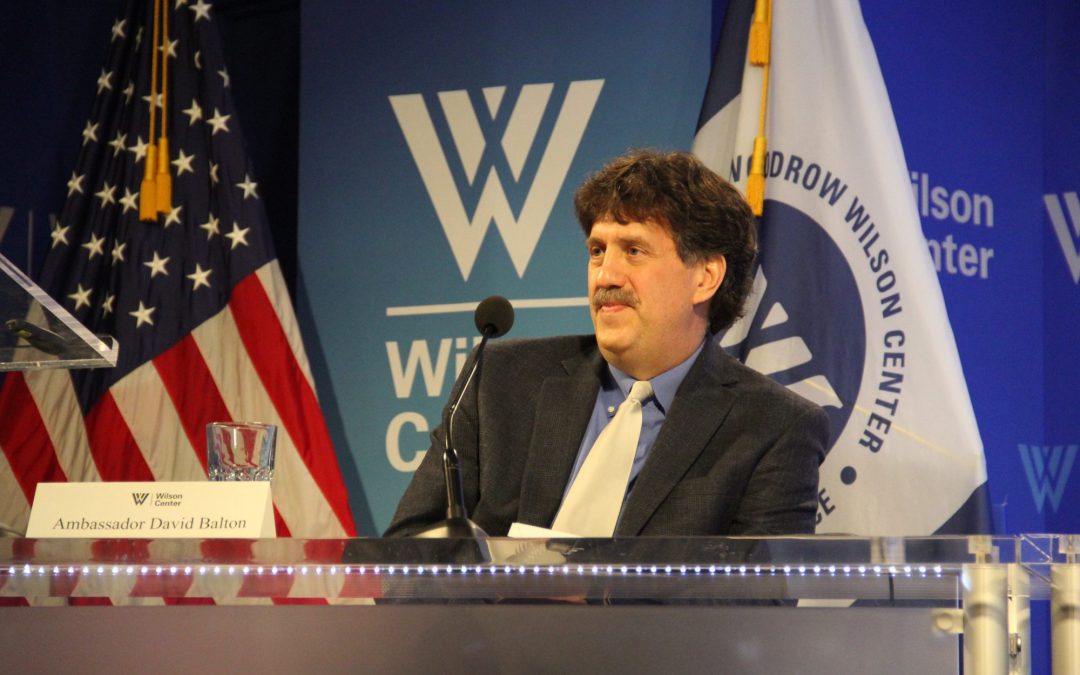WASHINGTON — The U.S. is part of two recent landmark agreements to protect the Arctic and Antarctic oceans because of damage from climate change and melting ice, diplomats said Wednesday.
The U.S., the European Union and eight countries bordering the Arctic concluded negotiations in December on an agreement to prevent unregulated fishing in the Central Arctic Ocean north of Alaska. David Balton, a fellow at the international think tank the Wilson Center, said the agreement could take up to two years to go into effect.
Additionally, The U.S., European Union and 23 countries also agreed in December to a pace that will enforce the Ross Sea Marine Protected Area in Antarctica said Evan Bloom, Ocean and Polar Affairs director for the State Department.
Balton, a former deputy assistant secretary in the State Department’s Bureau of Oceans and International Environmental and Scientific Affairs, said talks about an agreement to regulate fishing in the Arctic Ocean began as early as 2008 in response to extreme climate change. He said commercial fishing was not an issue in the region before because it has been covered in ice year-round until now.
“Climate change was the cause of it,” he said. “We wouldn’t have the need for such an agreement but for the fact the ice is melting. The Arctic is melting.”
The agreement would guarantee no unregulated commercial fishing and create a joint program of scientific research regarding the region. However, in order for the agreement to take effect, all 10 nations involved need to “complete internal approval procedures,” Balton said.
“The only way to manage fishing properly, or at all, is through international agreement,” he said. “We are building a new architecture for the Arctic Ocean.”
Bloom, who is also the U.S. representative to the Commission for the Conservation of Antarctic Marine Living Resources, said the agreement began as a joint proposal between the U.S. and New Zealand to protect the Ross Sea because of its high biodiversity and diverse ecosystem.
After six years of negotiation, Bloom said the agreement became the first large-scale high seas MPA.
“It’s kind of a breakthrough event in that respect,” he said.
Similarly to the Central Arctic Ocean agreement, the MPA comes as a response to climate change.
“One of the key reasons we talked about in terms of wanting to have this MPA was to promote science, including climate science,” Bloom said.
Both Balton and Bloom said the agreements are important examples of diplomacy in complex international political climates. Balton said the “frictions” between the U.S. and Russia regarding other issues did not play a role in the negotiation of the Arctic agreement.
“It demonstrates that countries that may not always agree on other things can nevertheless come together when they have mutual interests and reach agreement on something important, including this,” Balton said. “We were dealing with each other on the merits of this agreement in particular and not worrying about Syria or Ukraine or any other points of tension in the relationship.”


